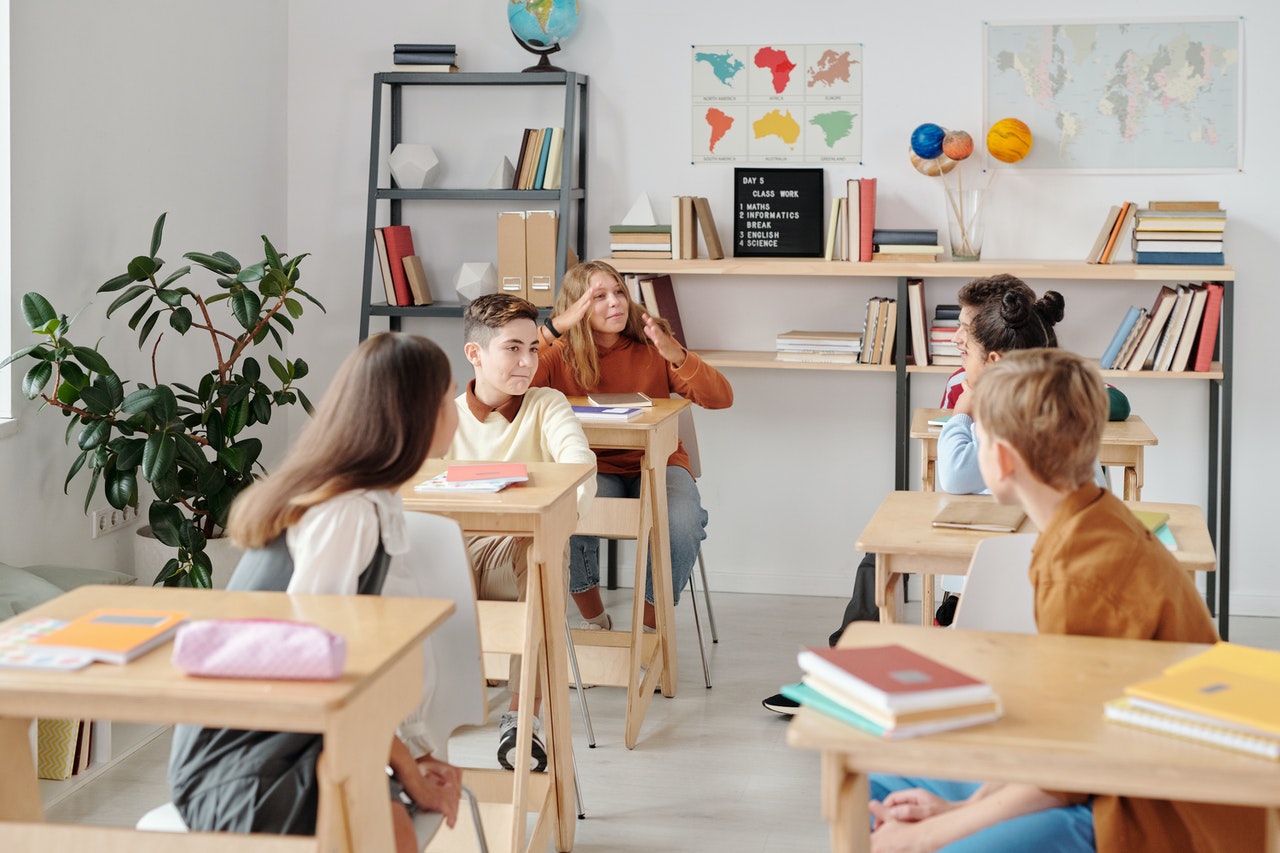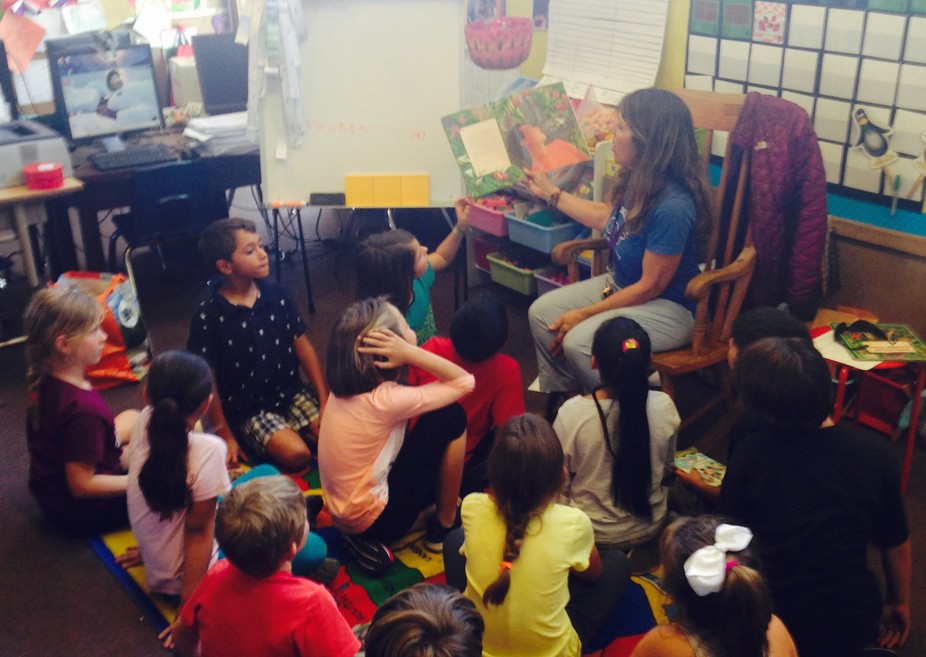Should You Teach at a Public or Private School?

Public and private schools have great differences in budgets, regulations, curricula, and student bodies. Because of this, teachers need to consider all of these differences when deciding whether to teach in the public or private sector.
Qualifications
One significant difference between public and private schools is the licensure requirement. In private schools, teachers do not necessarily need to have state credentials or licenses to teach. The teacher may simply have a professional degree in the topic they are teaching. However, some private schools may hire a teacher on the condition that they gain their license and credentials before a certain period. This is in great contrast to the teaching requirements of public schools, which require teachers to complete an accredited teaching program and have a teaching license.
Curriculum and Testing
Public schools are held accountable for teaching state-mandated standards and administering standardized tests because they receive their funding from the government. The distribution of resources and funds are also, in part, determined by state and federal guidelines. Conversely, private schools receive their funding largely through tuition fees and donations, so they have much more flexibility in their curriculum and spending. Private schools may choose to opt-in for standardized tests, but there is no requirement to do so.
Class Size and Diversity
Public schools are not permitted to turn away any student that should rightfully attend the school. They are also required to provide at least a minimum level of services and accommodations to their students. As a result, the population of special education students may be larger in public schools, as well as the number of students per classroom. Private schools, on the other hand, can be selective in their admissions process. This typically means smaller class sizes as well as a smaller population of students with exceptionalities – meaning that teachers with a SPED background may find job placement more difficult in private schools.
Salaries
Teachers in public and private schools earn vastly different salaries. Teachers in private schools, on average, are paid substantially less than public school teachers. In fact, teachers in nonreligious private schools earn about $10,000-$15,000 less than their public school counterparts and receive fewer benefits. In some cases, however, private school teachers may negotiate their salary with the principal at the time of hiring.
Working Environments
There are also significant differences in the teaching environments of public and private schools. For one, teachers, staff, and even parents may be required to engage in fundraising efforts for private schools. As a result, teachers can have significantly more influence over school spending than they would in a public school. This also can build a strong sense of community and increase parental involvement throughout the school. Additionally, private schools typically require teachers to wear professional attire and students to wear uniforms, and there are generally fewer discipline issues in the classrooms.
All things considered, teaching in a private school is a very different experience than teaching in a public school. Some educators may find the smaller class sizes and sense of community worth the lower salary of private schools, while other teachers will value the class diversity and additional benefits that come with working in the public school. No matter what, though, the type of school a teacher chooses should have the values and instructional opportunities that align with their professional goals and values.






